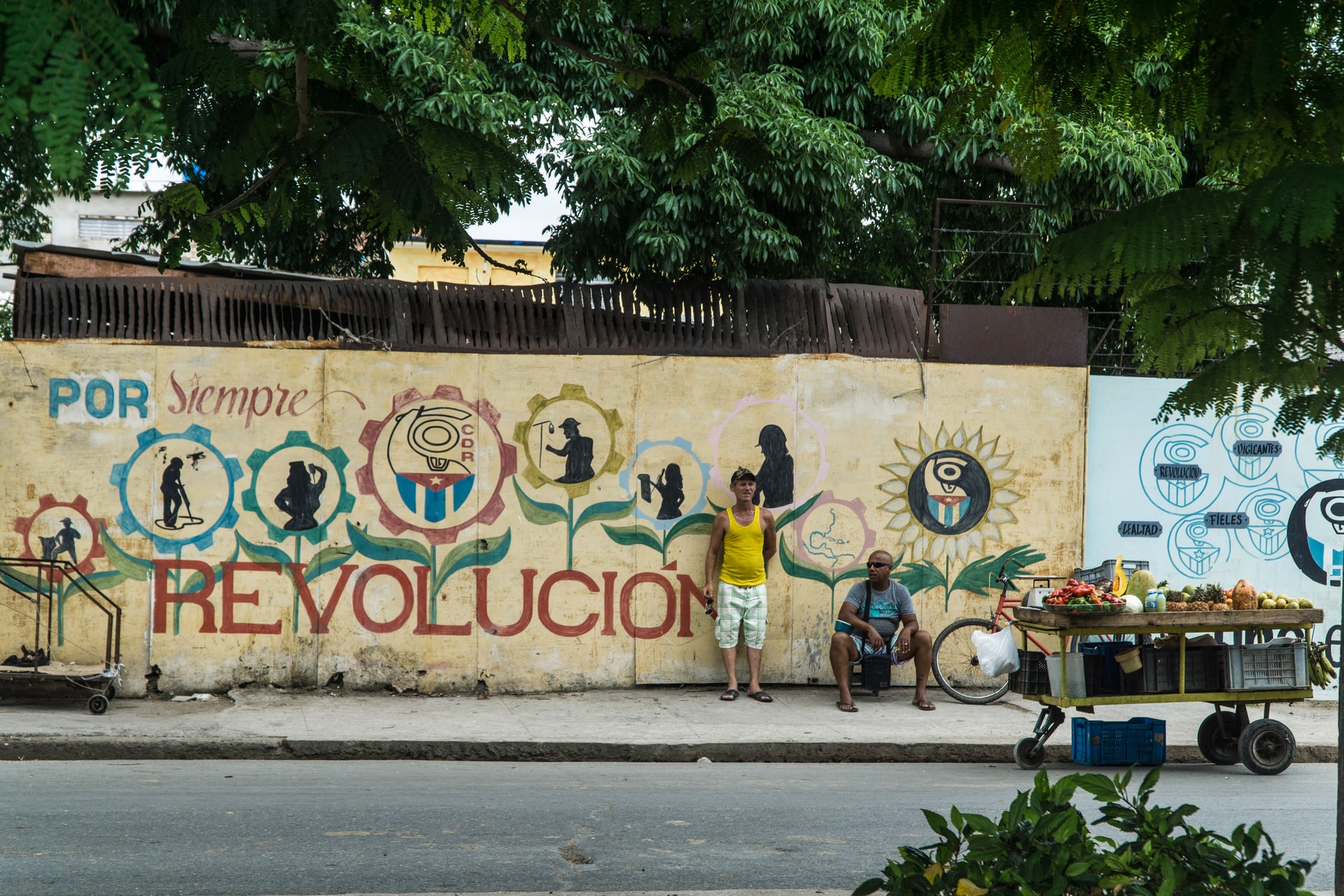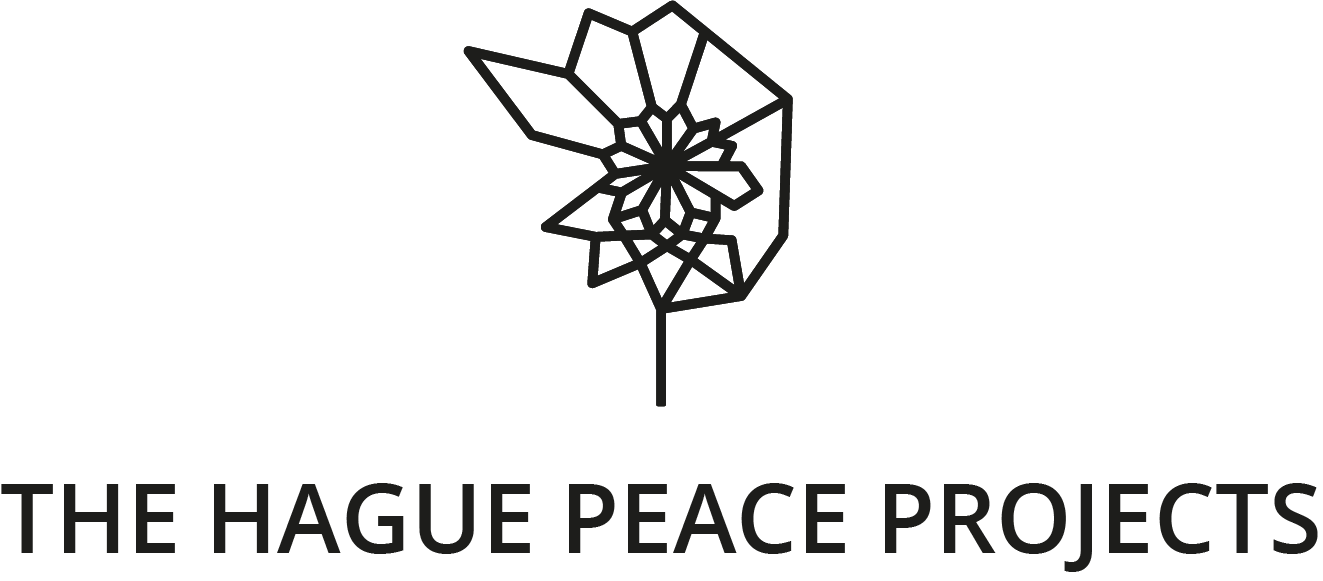Latin American Work Group
The Netherlands – Latin American Forum

Photo by Guille Álvarez on Unsplash
Human Rights – Environment – Peace Nexus
Human rights, environment, and peace discussions began an important transformation at the turn of the century. Institutions, scholars, think tanks, and the general population started to think and engage in discussions about peace, the environment and justice, and began to look for the constants underlying peaceful societies. More recently, something like a consensus slowly began to emerge, which understands peace and justice as very delicate processes, highly susceptible to local factors and actors. Now it is acknowledged that successful instruments for building peace and justice in general, as well as environmental protection, must incorporate local actors and communities, also when it comes to the settlement of new developments and enterprises.
Whether we are seeking to establish an NGO or prepare the ground for the flourishing of businesses or transnational organizations, it is important to have knowledge of the local actors, ecosystems and cultural environments, and furthermore, understand their stance, knowledge and practices in order to incorporate them into the processes early on. This allows to advance more expeditiously on market access, trade facilitation, and more importantly, provide better regulatory practices which can remain in place regardless of regime or government change.
The incorporation of local communities and actors provides an extra layer of protection to the incoming groups and business, and it provides the local communities with the necessary tools and official channels for communication, creating a more synergetic two-way relationship, and providing important contextual information which otherwise might have been lost.
Human Rights
Environment
Peace
This is aligned with the European Union (EU) profound and longstanding commitment to protect and promote human rights, both internally and externally (Wouters & Ovádek, 2021). Furthermore, In the Council of Europe’s outcome document on relations with middle and low income countries, it is stated that “collaboration with private sector actors and civil society representatives will be pursued in order to ensure ownership and alignment of mechanisms” (Council of Europe, 2021, p.3). Indeed, stronger relationships tend to be beneficial for all parties and provides protection and security for all at many levels.
For instance, the strong presence of China in Latin America appears a major challenge for the EU enterprises. However, China’s presence in Latin America is mainly commerce-related. This is precisely the aspect that allows the EU to enhance its position in the region, insofar as its focus goes beyond mere trade relations and moves towards an influence based on European values and norms.
In its relations with Latin America and the Caribbean (LAC), the EU is guided by the principles which have inspired its own creation, including the protection of human rights and the furthering of the peace agenda, and more recently, climate action. To this end, the EU promotes the human rights – peace – environmental nexus through multichannel and multilevel interactions that follow different degrees of institutionalization (Müller et al., 2017).
In the same vein, the EU external promotion of human rights is linked to the principles of indivisibility and universality. However, as it has been pointed out, there is “no specification of the mean of achieving these already broad and relatively vague objectives” (Wouters & Ovádek, 2021, p. 543). Here is where The Hague Peace Projects adds value, by providing advice from practitioners and experts in various fields and regions, and connecting community leaders and local actors to conversations that directly affect them.
Through dialogue and understanding, stronger alliances are built, which last longer, survive political instability, and provide positive exposure for the parties involved. There are already many structures in place and (un)official channels that can be accessed with proper guidance.

Photo by Jack Prommel on Unsplash
The Hague Peace Projects is a bridge connecting Dutch and EU organizations, as well as governmental agencies, with local communities and human rights defenders. The Hague Peace Projects also contributes by providing guidance, and when necessary, mediation, in order to accomplish stake holder satisfaction and overall successful relationships. In addition, we seek to highlight and position Human Rights, the Environment, and Peace in the foreign affairs and business agenda, as a common goal with benefits for all.
Contact
The Latin American Work Group
Contact Person: Karla Medrano
PhD Leiden University | Associate Editor
Supporting Peace and Human Rights
Donate Now
Your one-off or monthly donation makes a big difference!
Follow us
Help our social impact on YouTube, Instagram, Twitter, and Facebook
Collaborate with us
Are you interested in collaborating or volunteering? Feel free to get in touch!
